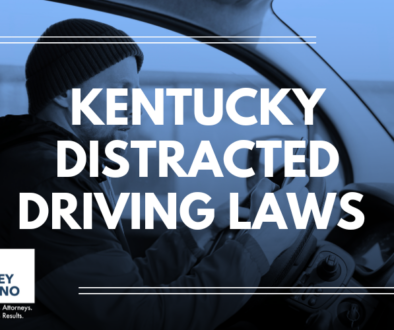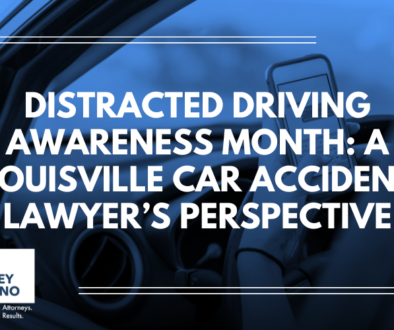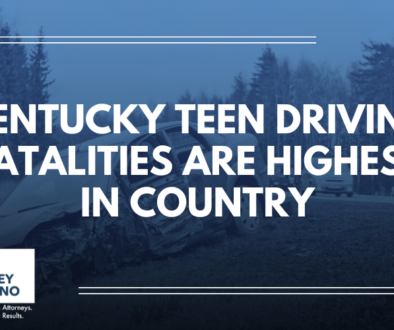Who Pays for Car Damage in a No-Fault State?
Car accidents in Kentucky are undoubtedly stressful, accompanied by many uncertainties and questions. In the Commonwealth of Kentucky, the concept of no-fault insurance adds another layer of complexity to a car accident. A pressing question often arises: Who is responsible for car damage in a no-fault state like Kentucky? In this blog post, we will discuss:
- the intricacies of no-fault insurance
- factors influencing responsibility for car damage
- insights into the aftermath of an accident
How No-Fault auto Insurance works
It’s crucial to understand the basics of no-fault insurance to understand who covers the costs for car damage in a no-fault state like Kentucky. Our experienced car accident attorneys at Stein Whatley Astorino, PLLC, know the intricacies of Kentucky’s no-fault insurance system in detail. In Kentucky, each driver involved in a car accident turns to their own insurance company to cover their medical expenses and certain other costs up to the limits of the policy, regardless of who caused the car accident.
The “no-fault system” was enacted in Kentucky in 1975 by passing the Motor Vehicle Reparations Act (KRS 304.39). This system aims to expedite the claims process for payment of medical bills incurred by those who suffered serious personal injury and alleviate the burden on the legal system.
As a function of the many millions of vehicles on Kentucky’s roadways and the thousands of car accidents that result from the use of our roadways, there was a need to provide for payment of medical bills for seriously injured car accident victims without having to go through the slow and often time delayed establishment of fault.
Who is responsible for bodily injury in a car accident?
The process of establishing fault can take weeks, months, and, in some extreme circumstances, years. However, seriously injured car accident victims need access to medical care immediately following the car accident. Kentucky’s and similar states’ no-fault system was established to fix this problem. These no-fault benefits are a requirement to be a part of every car insurance policy sold in Kentucky. Kentucky is known as a “no-fault state” because of these mandatory benefits.
It’s important to note that no-fault insurance primarily applies to personal injury claims, not property damage. Property damage claims in Kentucky cases still follow the traditional fault-based system.
Personal injury claims are handled through each driver’s personal injury protection (PIP) coverage. However, in no-fault states like Kentucky, property damage liability is determined based on fault. Property damage liability coverage is a component of an individual’s auto insurance policy. It helps cover the costs of repairing or replacing another person’s property, such as their vehicle, fence, or mailbox. In cases where the property damage is your fault, or the at-fault party is uninsured then you would need to have collision coverage to cover your property damage.
Who is responsible for damage to your vehicle in a car accident?
Responsibility for property damage is assigned based on the circumstances of the car accident. If one driver is clearly at fault, their insurance will typically cover the property damage of the other driver. However, if both drivers share some degree of fault, the process becomes more nuanced.
Navigating car damage in a no-fault state like Kentucky involves understanding the insurance system in place. It also involves recognizing certain exceptions and acknowledging the factors influencing responsibility. No-fault insurance simplifies personal injury claims. However, property damage liability often follows fault-based principles. This makes it essential for drivers to be aware of the specific rules in Kentucky and other no-fault states. By staying informed and working closely with our car accident lawyers, injured parties can move forward after a car accident.
Consult with the experienced car accident lawyers at Stein Whatley Astorino, PLLC, if you have questions about how Kentucky no-fault statutes may impact your claim.




